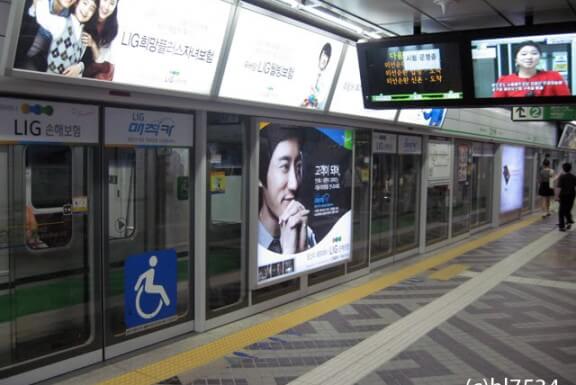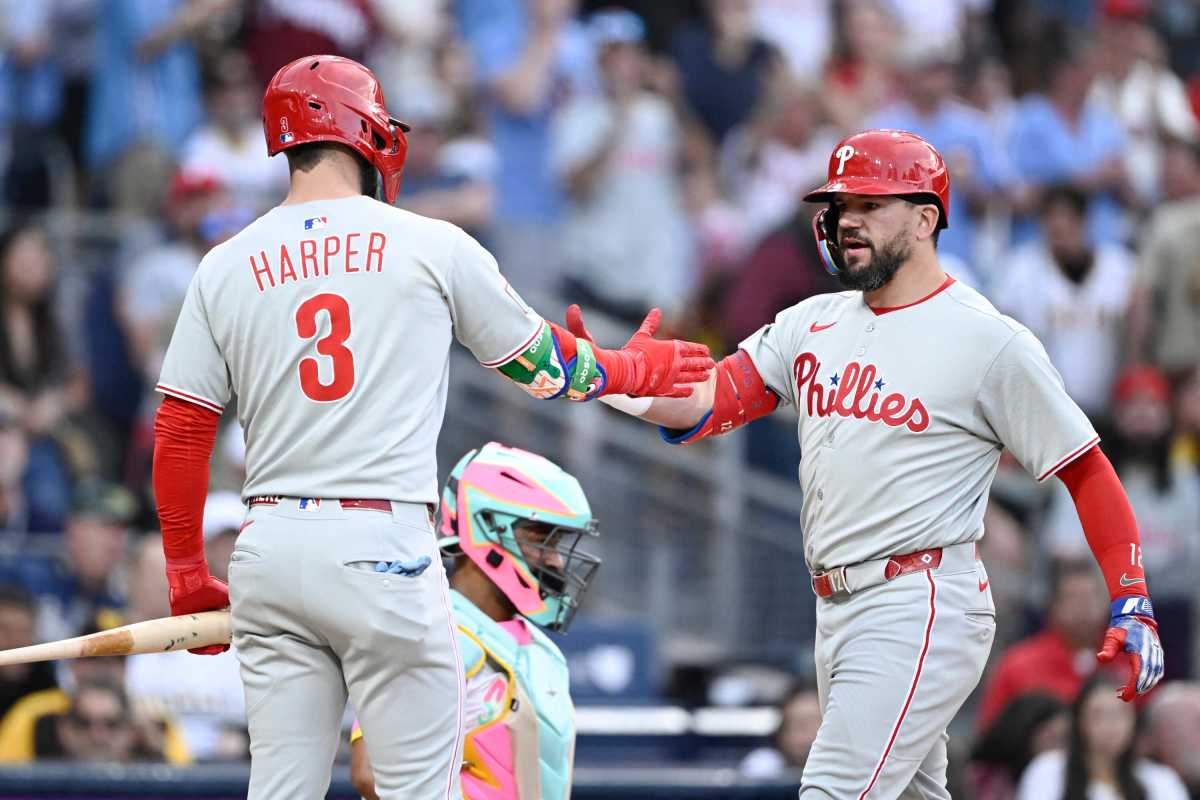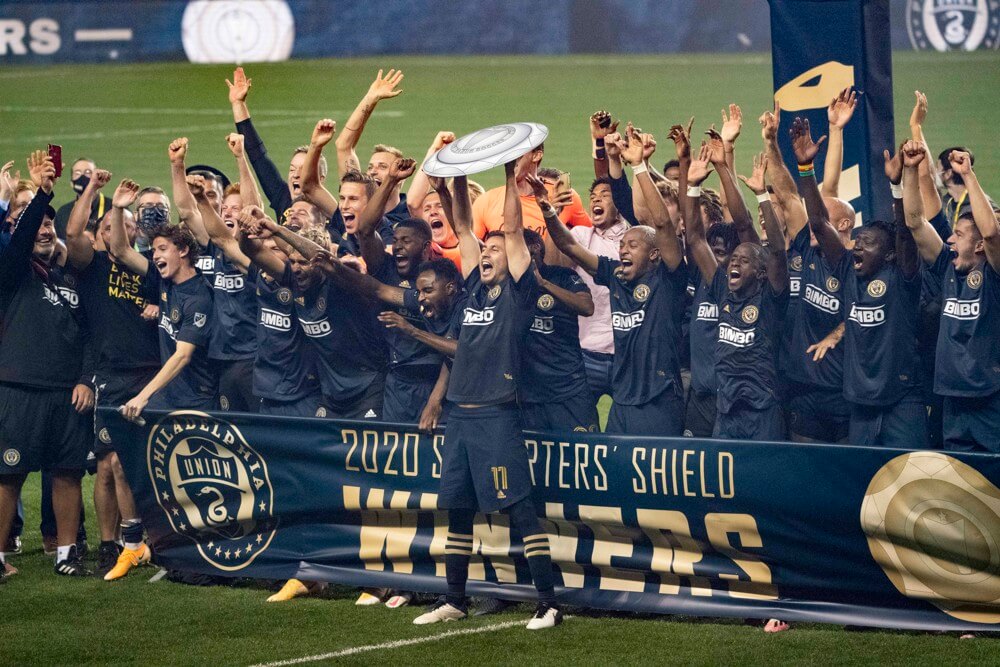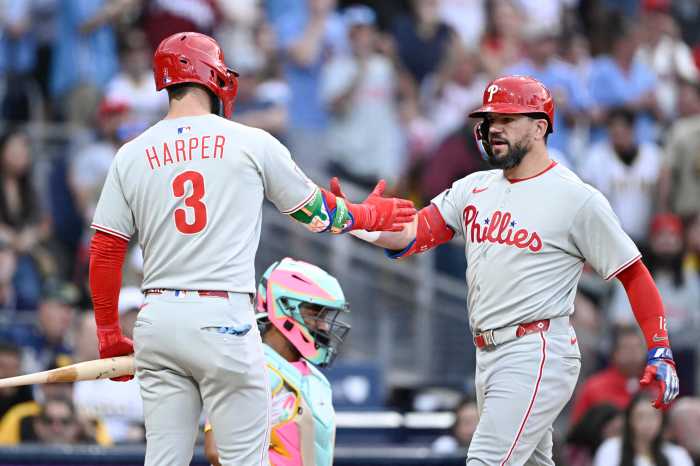 Chickie’s and Pete’s waiters serve up crab fries and other specialty dishes. Metro file photo
Chickie’s and Pete’s waiters serve up crab fries and other specialty dishes. Metro file photo
Chickie’s and Pete’s agreed to pay $6,842,412 to 1,159 employees at nine of the company’s locations for “serious wage violations,” the U.S. Department of Labor announced today. They willalso pay $1.68 million to settle federal lawsuits filed by about 90 current and former employees.
It all just started as a tip-skimming lawsuit filed by former Chickie’s and Pete’s bartender Anthony LaPlante, which began to grow as more and more employees of the popular sports bar joined in.
The suit claimed that Chickie’s and Pete’s skirted minimum wage requirements by forcing bartenders and waitstaff to pay two to four percent of their gross sales back to the restaurant in cash, a fee workers allegedly called the “Pete Tax” in reference to owner Pete Ciarrocchi Jr.
Plaintiffs alleged that a manager at each franchise location would collect the “tax” from waitstaff at the shift’s end and that a representative from the corporate office would once a week come and pick up the cash.
Employees who didn’t make enough to cover the tip-out were told by managers to “tap MAC,” or withdraw the money from their personal bank accounts.
Other allegations included that Chickie’s and Pete’s did not allow waitstaff to leave until their carpeted sections were clean, but only provided them with brooms. Therefore, employees were “required to purchase their own Shark vacuum cleaners.”
Servers were forced to pay the bills of “dine and dash” patrons and bartenders to make up for any shortage in their end-of-shift cash till using personal funds. Waiters also had to pay for their own uniforms, and were not paid overtime when working shifts in excess of 10 hours long.
“The egregious actions by Chickie’s & Pete’s harmed real people and violated the promise that a fair day’s work deserves a fair day’s pay,” said U.S. Secretary of Labor Thomas E. Perez in a statement. “Restaurant servers are among the lowest paid workers in this country, with many earning incomes below the poverty line. Tipped workers deserve better and this action shows that the Department of Labor is ready to stand up for them.”
The judgement calls for additional measures beyond the payment, including compliance monitoring for 18 months, training for employees on their labor rights, and clearer communication about the tip pool. Additionally, Ciarrocchi must write an article for a restaurant trade publication that addresses an employer’s obligations under the Fair Labor Standards Act.
____________________
Follow Sam Newhouse on Twitter: @scnewhouse
Follow Metro Philadelphia on Twitter: @metrophilly
Follow Metro Philadelphia on Facebook: Metro Philadelphia





























